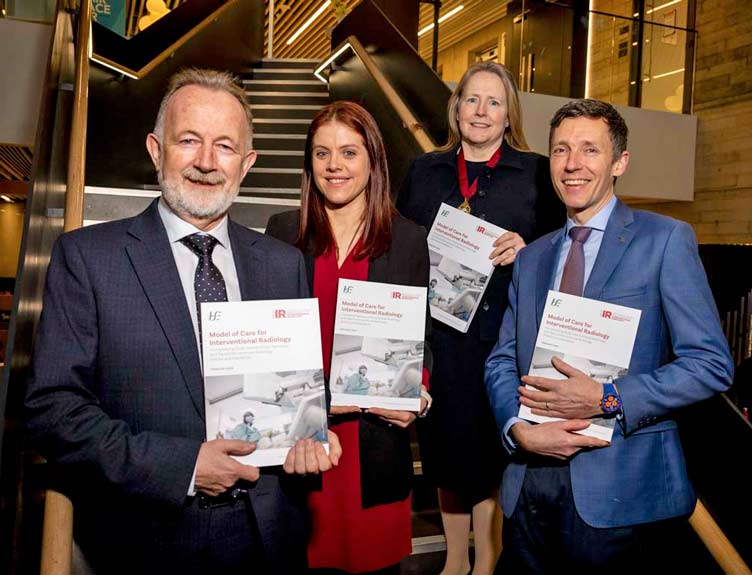Mixing alcohol and medication may be harming more than a quarter of older adults
RCSI researchers have found that the combined use of alcohol and medications cause more than one in four adults over the age of 65 to be vulnerable to potentially serious alcohol-medication interactions, which can lead to falls and other accidents, gastrointestinal bleeds and liver damage.
The study, conducted by researchers in RCSI’s School of Pharmacy and Biomolecular Sciences, is published in the current edition of BMJ Open.
Ageing lowers alcohol tolerance, prolonging the time alcohol circulates in the body and the effect this has. The use of multiple medications also increases with age, indicating that older adults are particularly vulnerable to the harm caused by a combination of alcohol and medication in the body.
These alcohol-medication interactions can manifest in the form of increased sedation, leading to falls and other accidents, issues with blood sugar and blood pressure, gastrointestinal bleeds and liver damage.
Researchers at RCSI sought to more accurately estimate the prevalence of those at greater risk of potentially harmful alcohol-medication interactions. 1,599 older adults living at home were studied by conducting face-to-face interviews which were linked to their drug dispensing records in their community pharmacies.
The study revealed that 67% of older adults drink alcohol, with 27% identified as heavy drinkers. People were considered heavy drinkers if they reported drinking more than 6 standard drinks (60 grams alcohol) per drinking occasion or more than 11 standard drinks every week for women or 17 standard drinks per week for men. 28% of older adults (42% of those who drink) were identified as being at risk of potential harm from alcohol-medication interactions.
“Our findings also suggest that older adults are at greatest risk of potentially serious alcohol-medication interactions due to their concurrent use of alcohol with cardiovascular agents, and with medications which act on the central nervous system,” said Dr Alice Holton, pharmacist and lecturer at RCSI School of Pharmacy and Biomolecular Sciences.
The data was interpreted by applying the Potentially Serious Alcohol-Medication Interactions in Older adults (POSAMINO) criteria. Developed by the RCSI researchers previously, the POSAMINO criteria is a list of medications which have the potential to cause serious harm to older adults when combined with alcohol.
“Using this criteria at the point of prescribing or dispensing medications may help in managing the risk for older adults. This could lead to prioritising alcohol screenings and brief alcohol interventions for those at greater risk of harm,” said Dr Gráinne Cousins, Principal Investigator and Senior Lecturer at RCSI.



